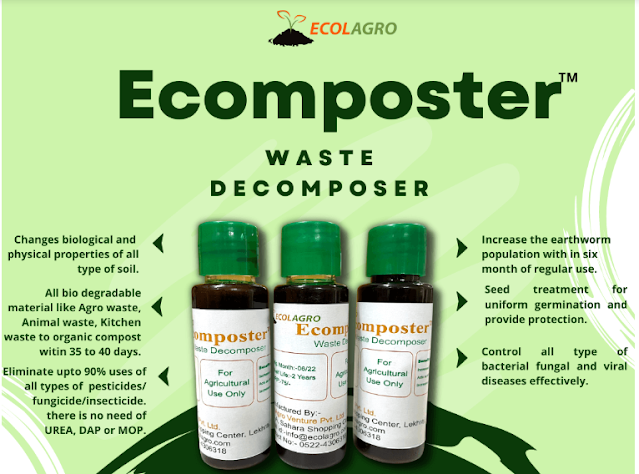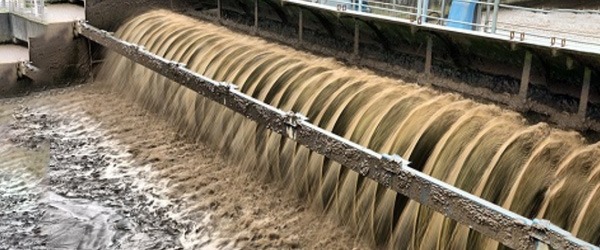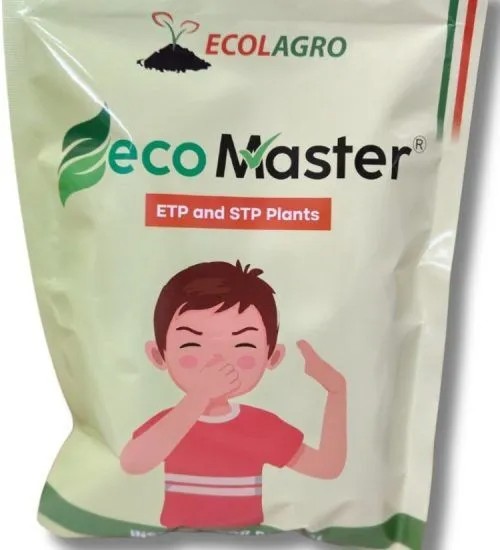What is an organic waste decomposer?
An organic waste decomposer is a powerful tool for breaking down organic matter into its component parts. This process is essential to the health of our planet and the life that it supports. Organic waste decomposers come in many forms, from natural bacteria found in soil to manufactured composting machines, and they all serve an important purpose.
Organic waste decomposers are organisms that break down organic material into simpler compounds that can be used by plants and other living things. Decomposition occurs naturally in nature as organic matter breaks down over time due to the action of microorganisms such as bacteria, fungi, and other organisms. However, when organic matter accumulates faster than these natural processes can keep up with it, it can become a pollutant.
Organic waste decomposers are becoming increasingly popular for their quick composting capabilities, soil health improvement, and as plant protection agents. They can be used to quickly break down organic matter such as kitchen scraps, lawn debris, and leaves. The resulting compost is full of beneficial nutrients that will help improve soil structure, promote plant growth, and protect plants from pests.
Waste decomposers are an effective and easy way to convert organic waste into usable material for gardens or farms. They work by breaking down the organic matter in a process called aerobic digestion, which produces carbon dioxide and water along with other elements essential for a healthy garden or farm. This process can happen in just a few days instead of taking months or years like traditional composting methods.
Organic waste decomposer is an important tool for composting and the utilization of natural resources. It helps to break down organic matter, such as agricultural residues, food scraps, and green waste into useful products for soil fertility or fuel.
Organic waste decomposers can be used in a variety of forms, including bacteria-based products that release enzymes which break down organic matter into simpler compounds. These organisms are applied directly to the soils as bio-pesticides and act as natural fertilizers. They also help to reduce odors caused by organic wastes while promoting healthy plant growth and improving soils fertility. Additionally, they can be used in various indoor systems such as vermicomposting bins or bioreactors that produces biogas from kitchen waste.
Organic waste decomposition is an important process for maintaining a healthy environment, and the use of waste decomposers can help speed up this process. A solution formulated with a waste decomposer can be used as a foliar spray to control pest and diseases in plants. To make the most of this solution, it should be diluted with water in a 1:3 ratio before being applied.
When used correctly, the solution helps to break down organic material into useful nutrients which are then taken up by plants and converted into energy. This helps to reduce the amount of waste that needs to be disposed of while providing an effective means of controlling pests and diseases in plants. The added benefit is that no harsh chemical pesticides or fungicides need to be used, making it ideal for organic growers who want to keep their crops free from chemicals.




Comments
Post a Comment